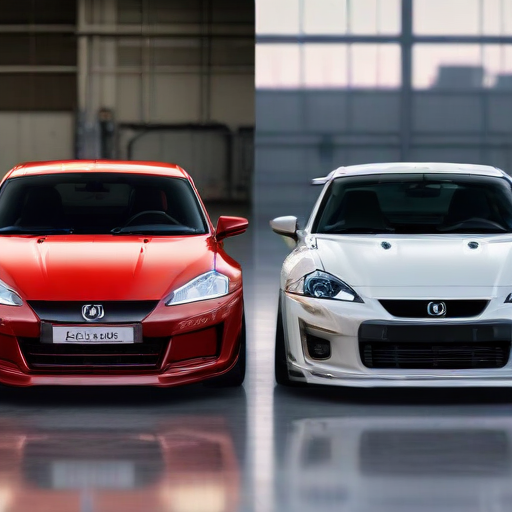Honda Motor and Nissan Motor are reportedly in negotiations to merge as a strategic move to enhance their competitiveness against Tesla and other electric vehicle manufacturers. This information comes from the Nikkei financial newspaper.
Discussions revolve around the creation of a single holding company that would oversee both automakers. A memorandum of understanding is anticipated to formalize this new partnership, which could potentially include Mitsubishi Motors, in which Nissan holds a significant stake, thereby forming one of the largest automotive groups globally.
Both manufacturers have acknowledged that while they have not disclosed specific details regarding the merger talks, they are actively exploring various collaborative opportunities that aim to leverage their respective strengths. This was highlighted in statements from both companies, who emphasized their ongoing dialogue about future collaboration, first announced in March.
The potential merger occurs against the backdrop of Japanese automakers looking to strengthen their position in the electric vehicle (EV) market, where they have been losing ground to rivals, especially those from China. Chinese car manufacturers like BYD have gained substantial market share, partly due to their focus on electric vehicles. Notably, in 2023, China surpassed Japan as the world’s leading vehicle exporter, bolstered by its strong presence in the electric vehicle sector.
To combat this trend, Honda has committed to doubling its investment in electric vehicles, aiming for a total of $65 billion by 2030, in alignment with its target of achieving 100% EV sales by 2040. Similarly, Nissan has outlined plans to introduce 16 electrified models over the next three years, emphasizing the shift toward electric mobility.
As global auto manufacturers increasingly prioritize electric and hybrid vehicles, driven by rising consumer demand for environmentally friendly options amid growing climate concerns, the Japanese firms are finding it crucial to adapt. However, they face challenges such as high prices, consumer apprehension regarding battery range, and the need for improved charging infrastructure, which have contributed to a slowdown in EV demand. In Japan, hybrids have maintained a strong market presence, comprising 40% of sales in 2022. Yet, the limited focus on fully electric models has hindered the industry, with only 1.7% of cars sold in Japan being electric, compared to much higher percentages in Western Europe and the United States.
In summary, the merger discussions between Honda and Nissan mark a significant step towards strengthening their competitive edge in the rapidly evolving automotive landscape, particularly as the demand for electric vehicles continues to rise globally. This collaborative approach not only highlights the Japanese automakers’ commitment to innovation but also their desire to catch up in a market that is increasingly defined by electric mobility. As they navigate these partnerships and investments, there is a hopeful outlook for the future of sustainable automotive solutions from Japan.
